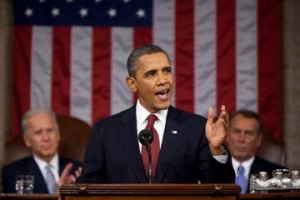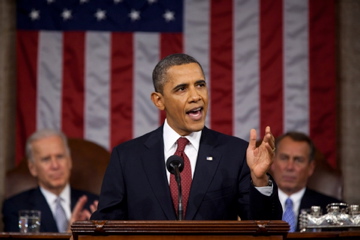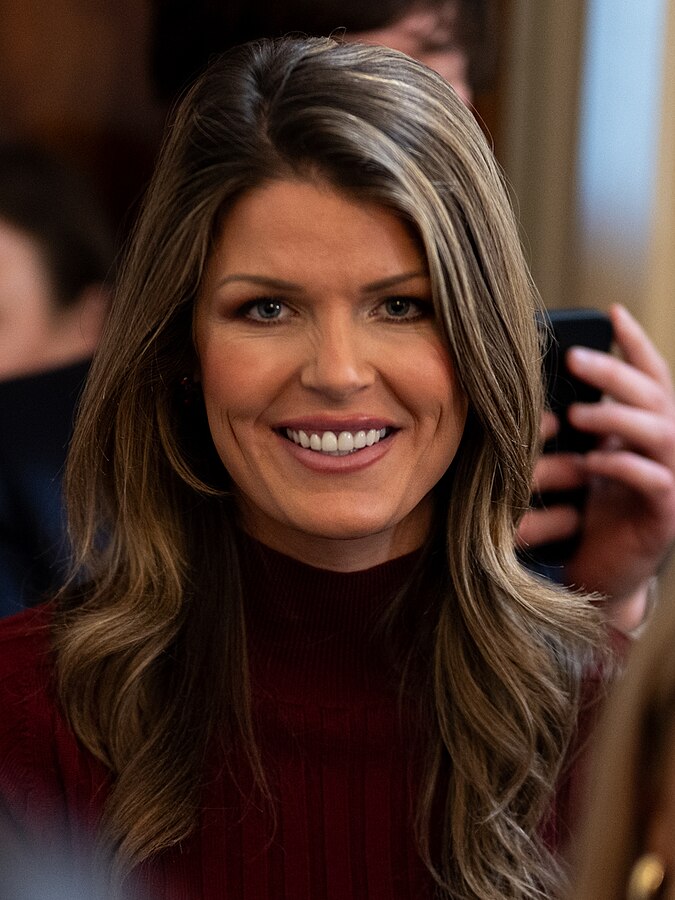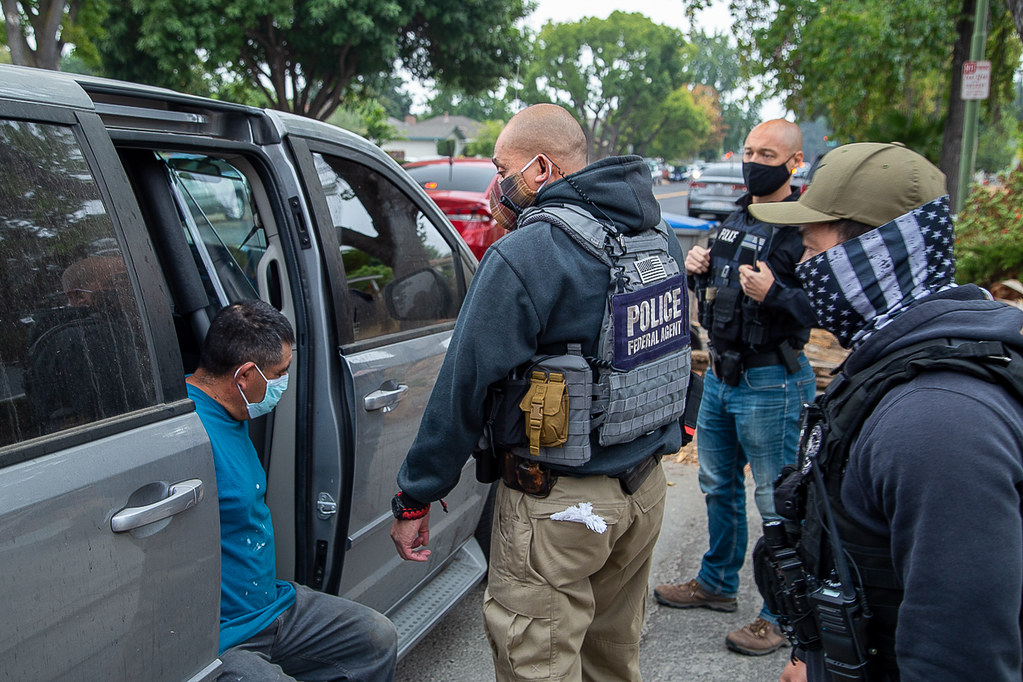
Al Jazeera
Last month Don McIntosh, a journalist and friend of mine in Portland, Ore., posted on Facebook that his half brother Daniel McIntosh had just been sentenced to at least 10 years in prison for selling 954 kilograms of marijuana and money laundering as part of a 16-member pot-selling ring. “Our nation’s drug and mandatory minimum sentencing laws are monstrously unjust,” he wrote. “His mom, his wife and three kids are also punished by this prison sentence.”
It could have been worse. Had federal prosecutors prevailed in convicting Daniel McIntosh of distributing more than 1,000 kilograms, his previous drug convictions would have triggered a sentence of mandatory life without parole. Facing the judge before sentencing, McIntosh reflected on what such a long term would mean. “When you love your children as much as I love mine, sir,” he said, “two days away from them … 10 years, 20 years … I don’t know how my mind can even comprehend that.”
The drug war is in its fifth decade and on its eighth president, yet what befell McIntosh for trafficking a drug that many Americans consider less harmful than alcohol still defies comprehension.
The root of extreme sentencing is legislative: Eighty-three percent of those serving life without parole for a nonviolent offense as of 2012 received a mandatory minimum sentence prescribed by law. Judges protest the harsh sentences even as they hand them down.
To read more click here.





